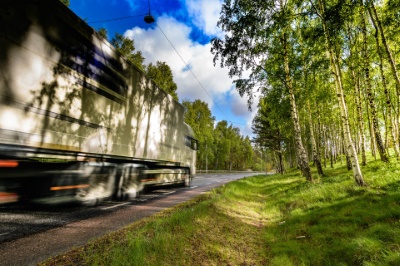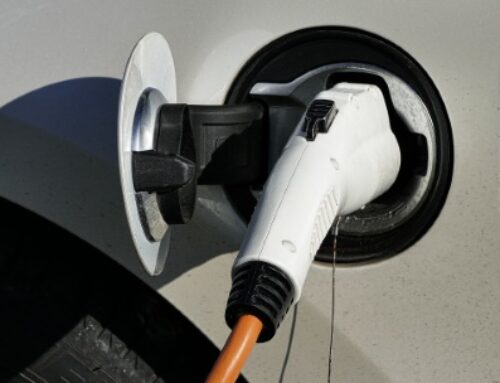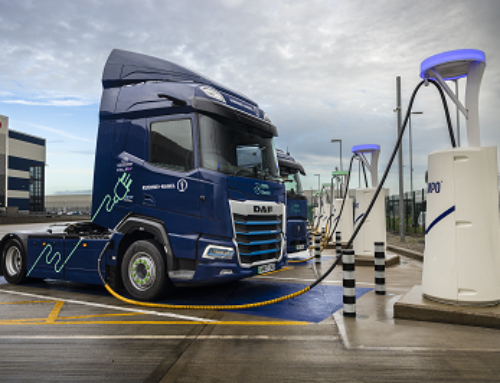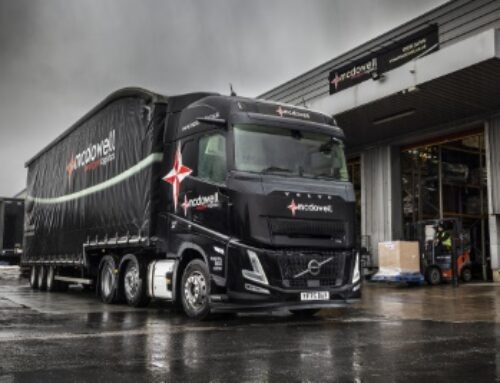ACEA warns of Euro 7 manufacture cost hike
 Introducing Euro 7 emissions standards will raise the per-vehicle cost of manufacturing a new truck or bus by nearly €12,000, according to an independent study commissioned by the European vehicle manufacturing industry group ACEA.
Introducing Euro 7 emissions standards will raise the per-vehicle cost of manufacturing a new truck or bus by nearly €12,000, according to an independent study commissioned by the European vehicle manufacturing industry group ACEA.
The study, by Frontier Economics, puts the cost of getting a truck or bus to meet Euro 7 at four times the figure estimated by the European Commission when it published the standard, which is scheduled for implementation in 2027. The proposed Euro 7 standard applies stringent new air quality pollution limits, including secondary emissions sources such as tyres and brakes.
The expected direct manufacturing cost increase per vehicle for vans and cars, which are set to fall under scope of Euro 7 in 2025, was also several times higher than EC estimates.
ACEA said the cost estimates comprise direct manufacturing costs only, primarily for equipment and investments. They do not correspond with purchase prices, said the organisation, but would instead drive up prices for end-users even further. Price increases would likely therefore be higher than the figures cited in the study, it warned, pointing out that with current Euro 6/VI rules, the EU has the most comprehensive and stringent standards for pollutant emissions (such as NOx and particulate matter) in the world. ACEA argues that exhaust emissions are already at a barely measurable level due to current vehicle technologies.
The trade body also highlights the indirect costs of Euro 7 which would add to the total cost of ownership, pushing up the burden on logistics firms and consumers. Over a vehicle’s lifetime, fuel costs could increase by 3.5 per cent due to higher consumption, it said.
Sigrid de Vries, director general of ACEA, said: “The European auto industry is committed to further reducing emissions for the benefit of the climate, environment, and health. However, the Euro 7 proposal is simply not the right way to do this, as it would have an extremely low environmental impact at an extremely high cost.
“Greater environmental and health benefits will be achieved by the transition to electrification, while at the same time replacing older vehicles on EU roads with highly efficient Euro 6/VI models.”
The fear is that a large price premium for Euro 7 will encourage many operators to delay vehicle replacement of legacy pre-Euro VI vehicles, while manufacturers will be forced to divert R&D resources from the next generation of carbon neutral vehicles to get current engine designs to conform to Euro 7 levels, with only short production runs before they are replaced by electric power.













